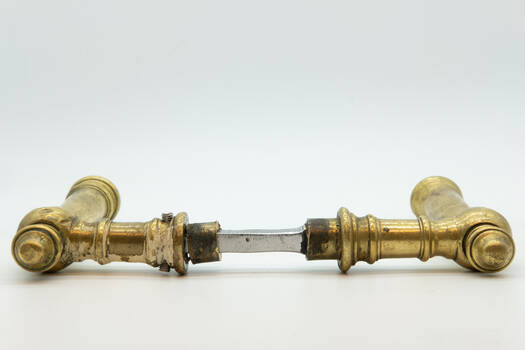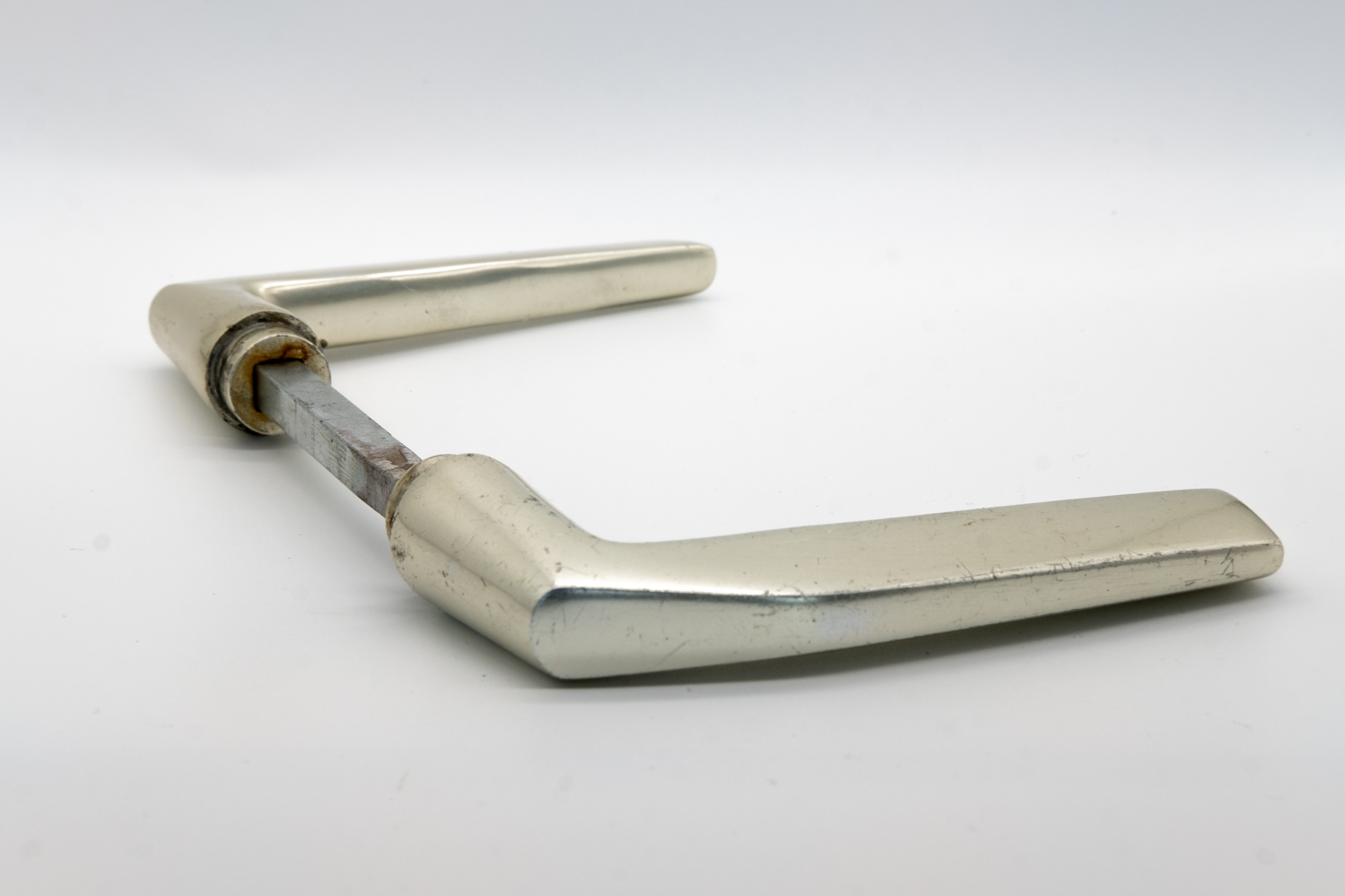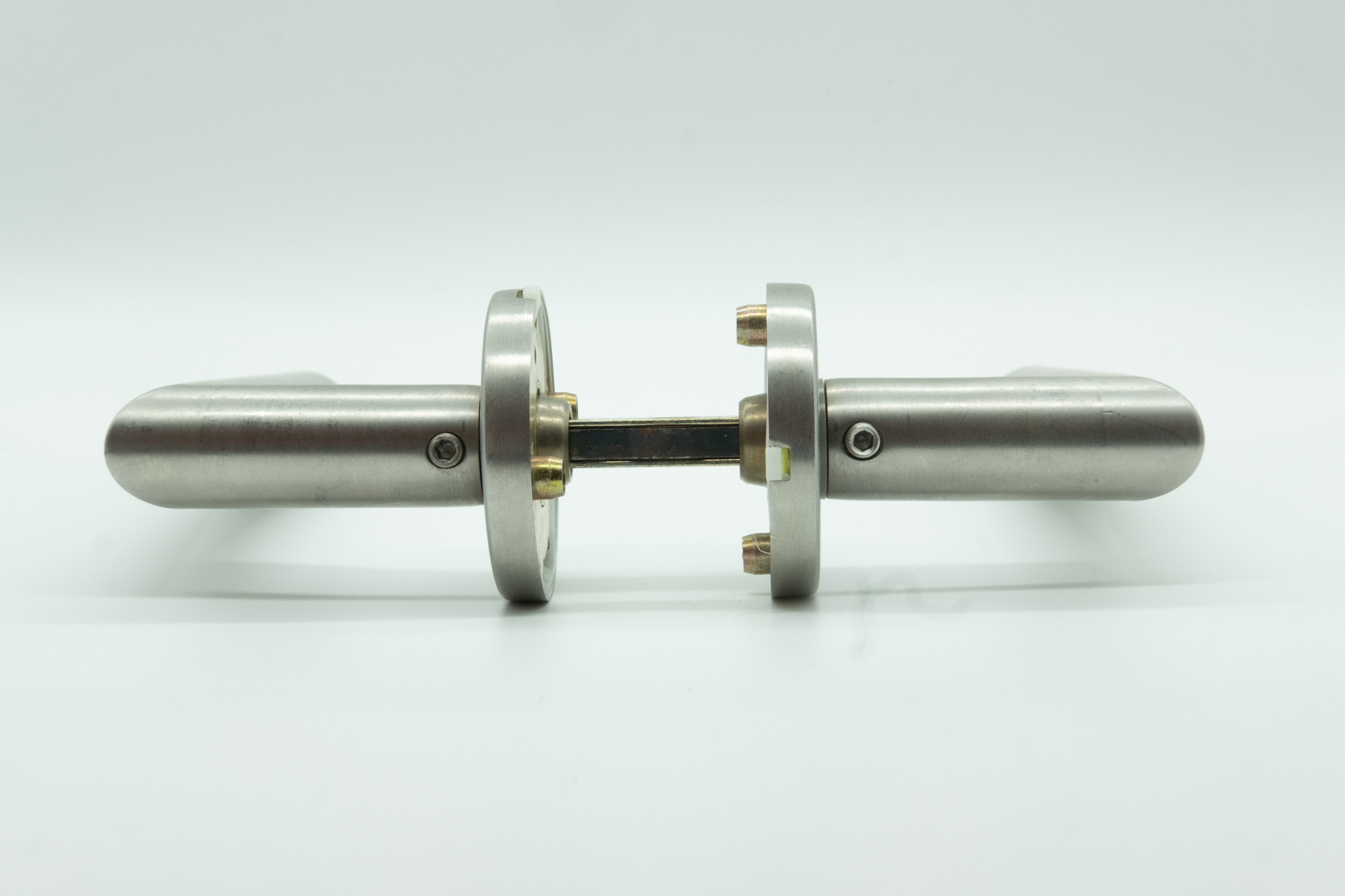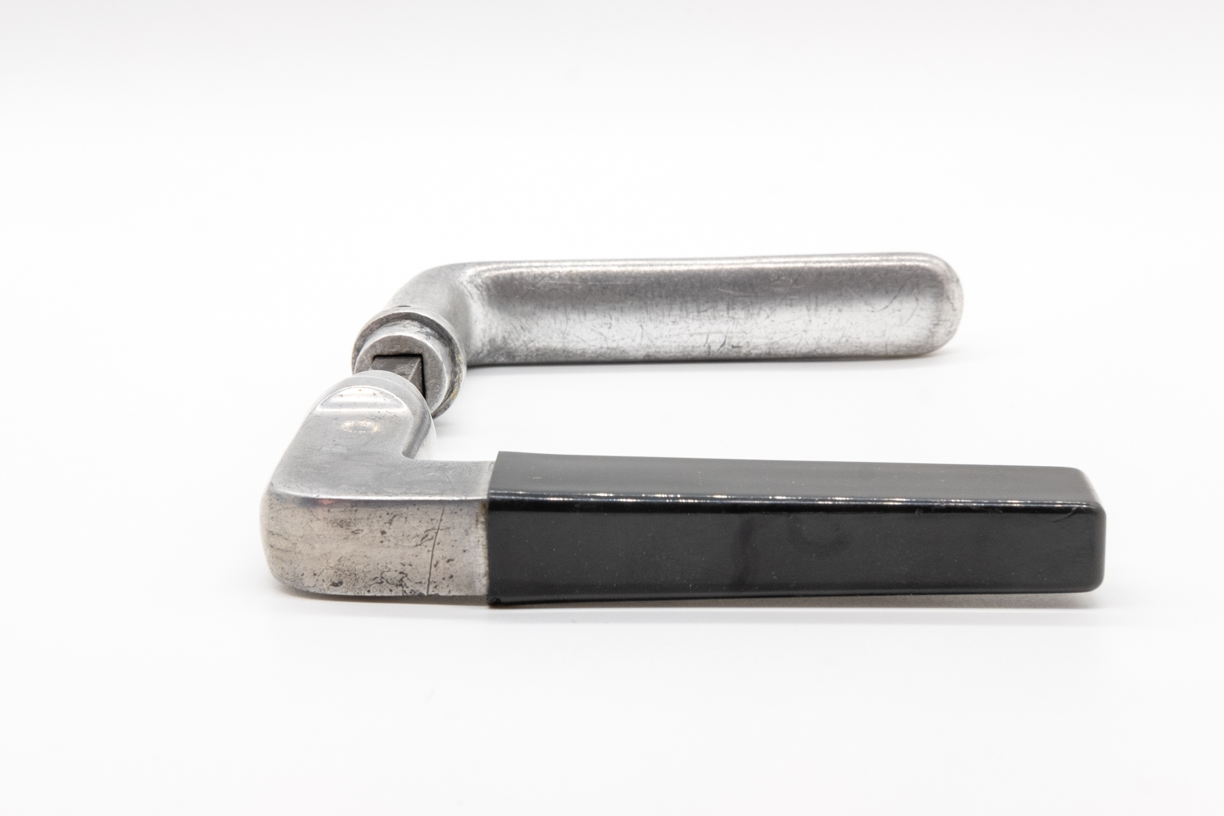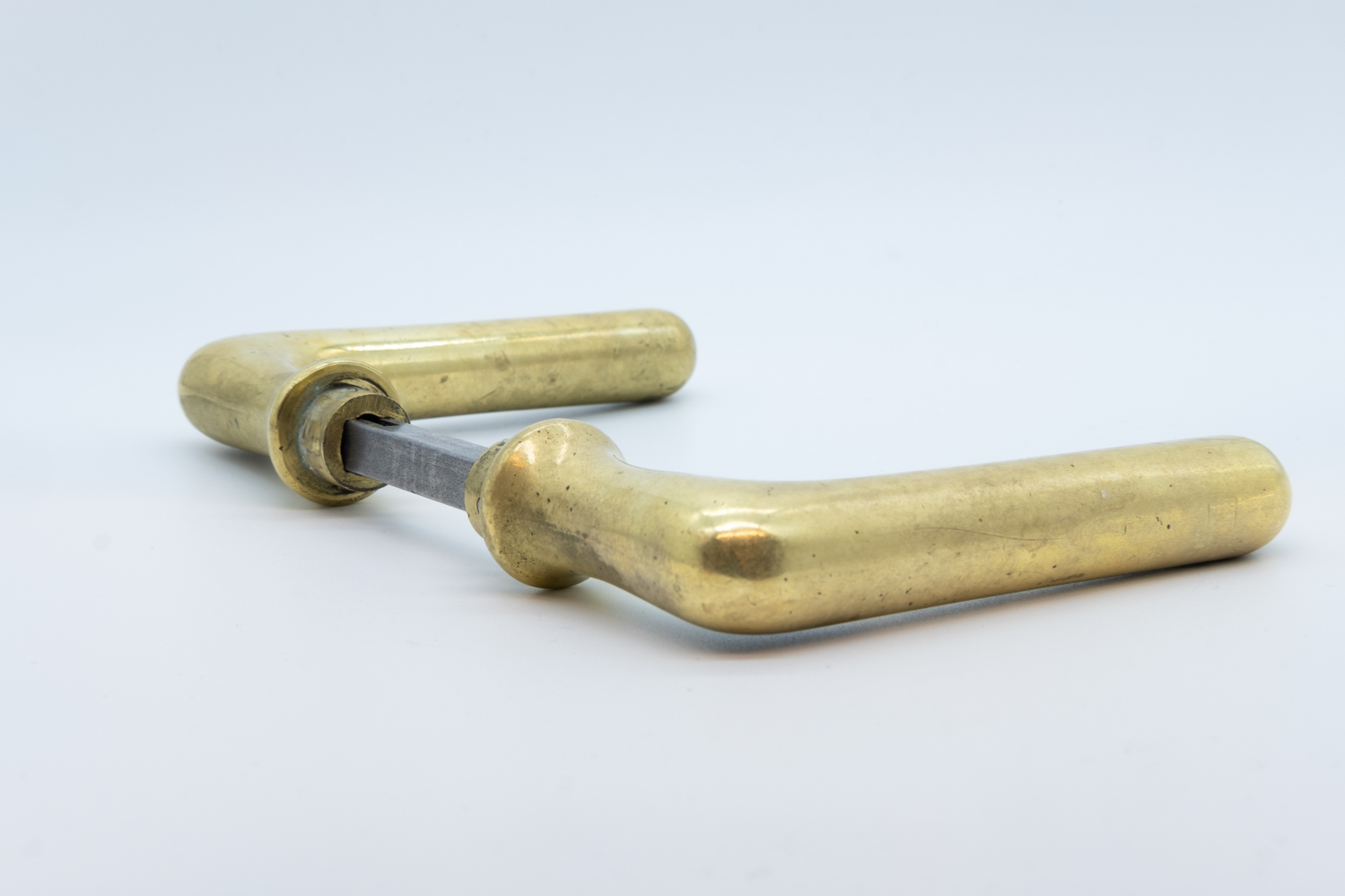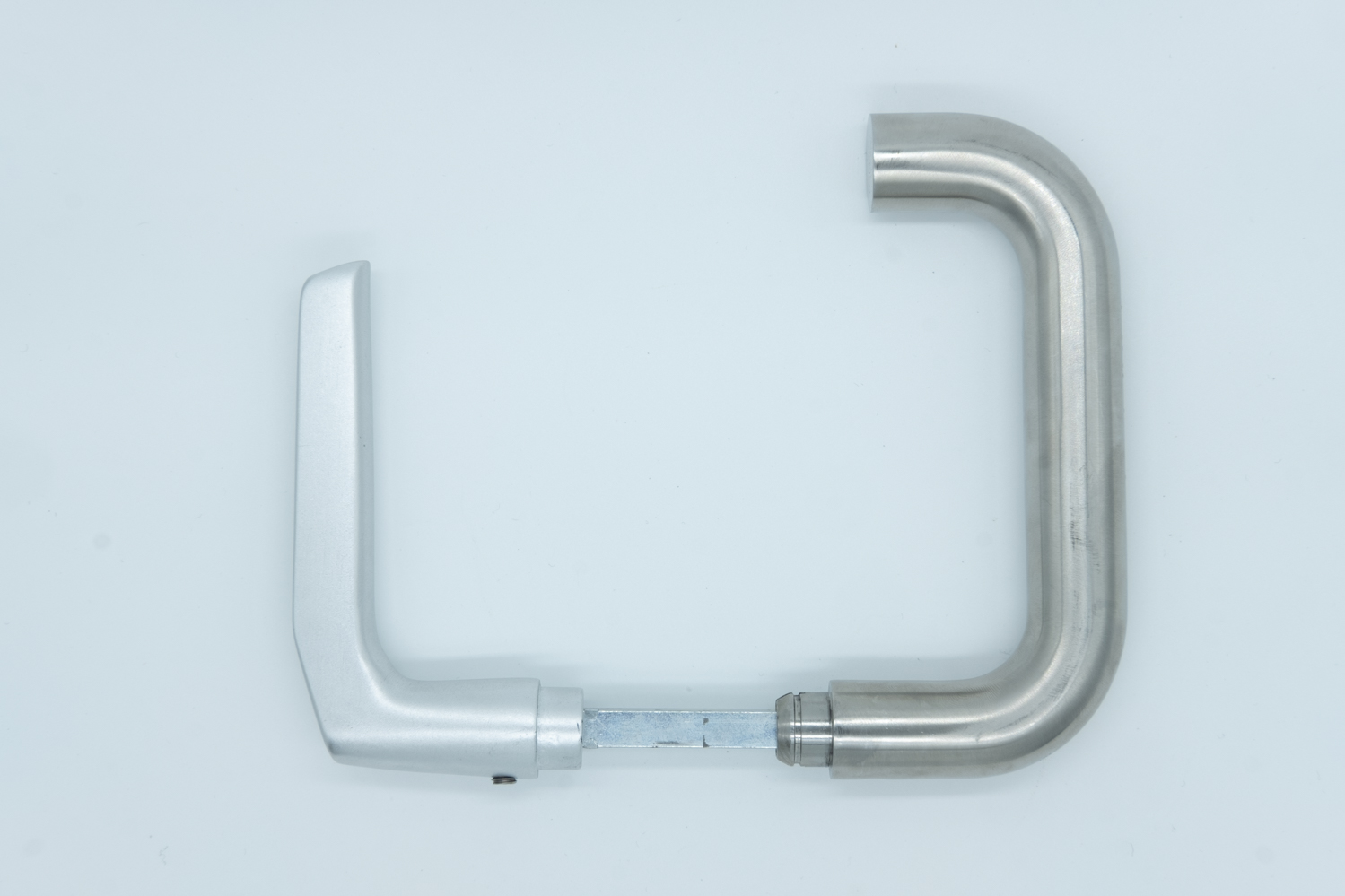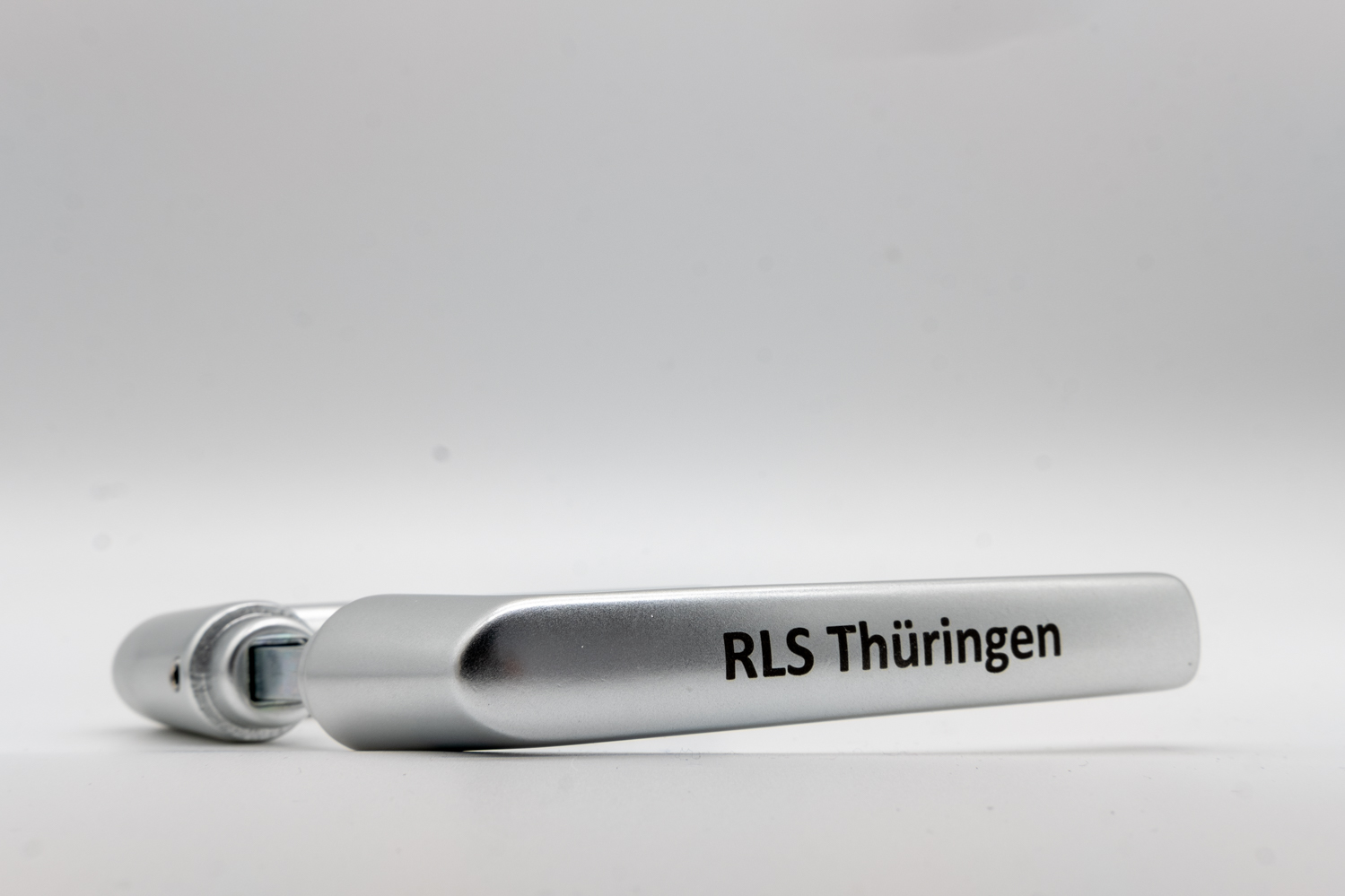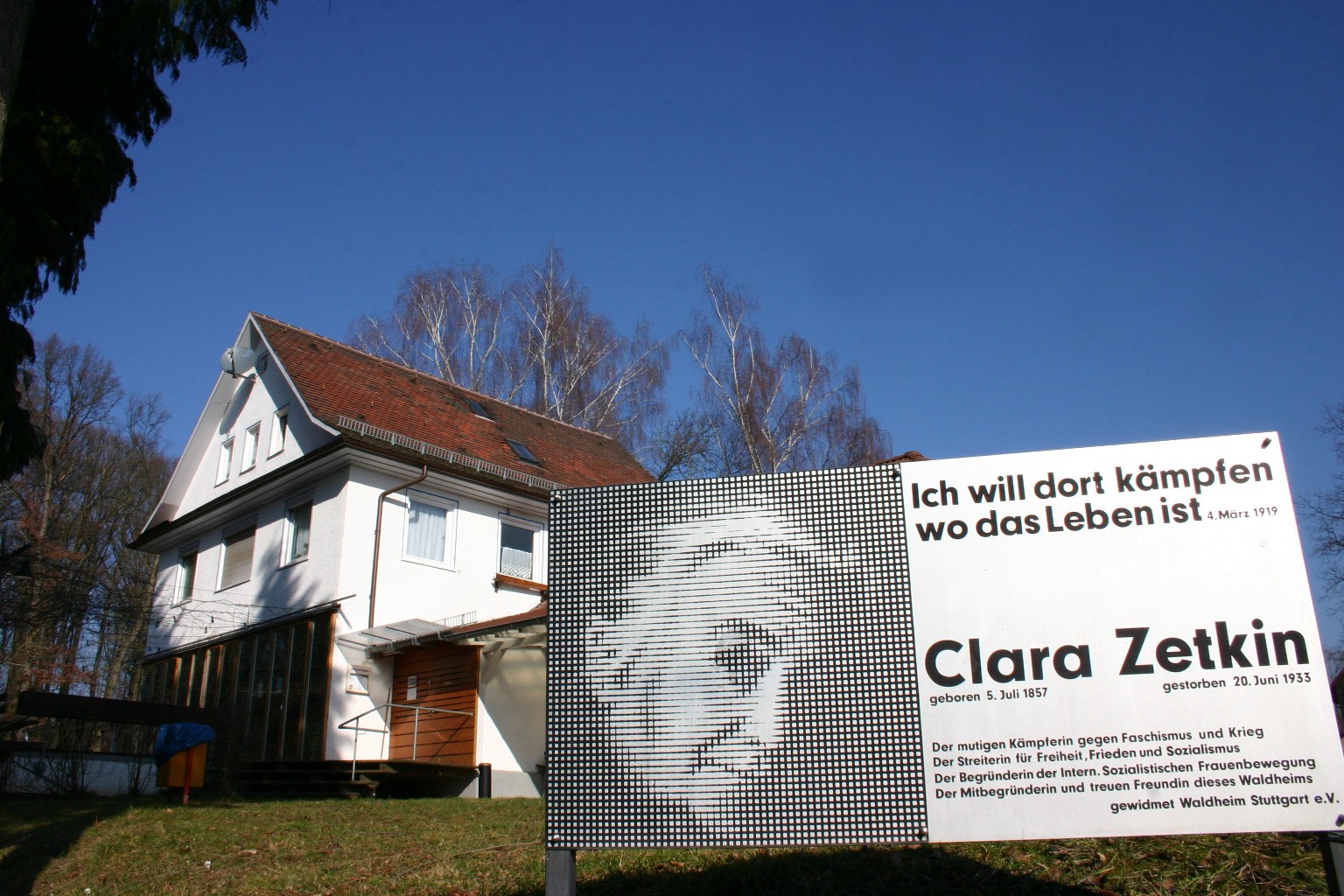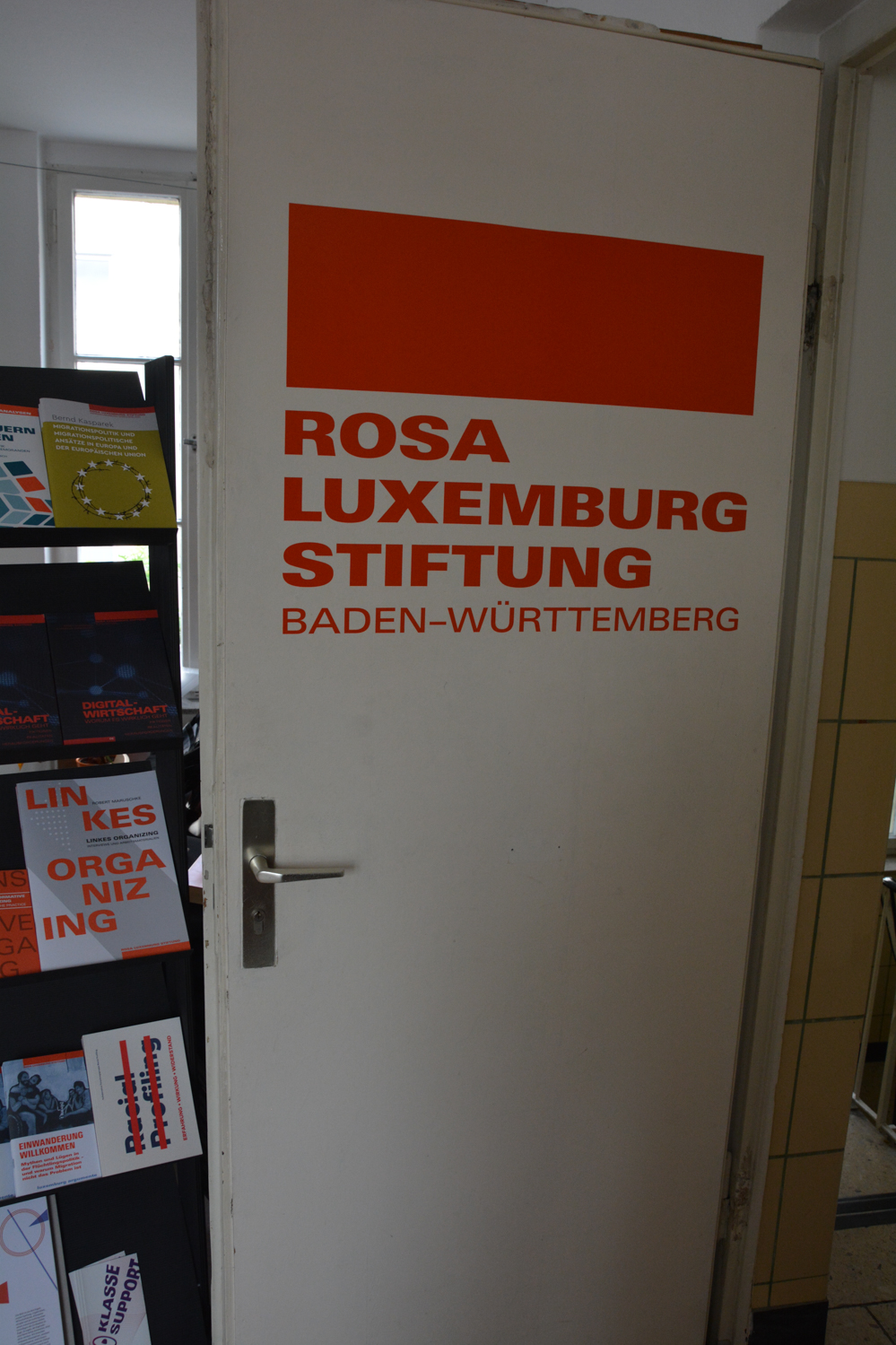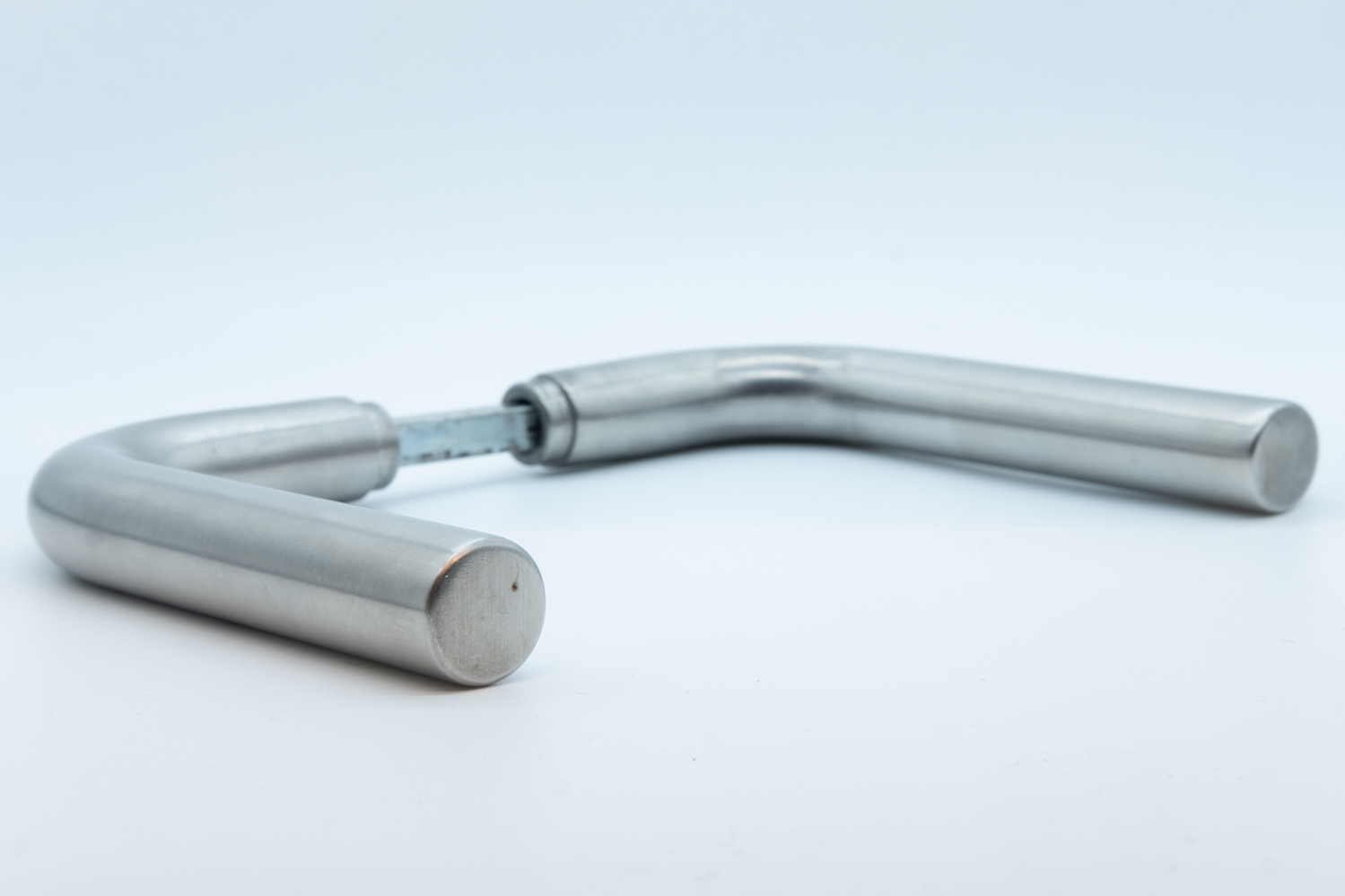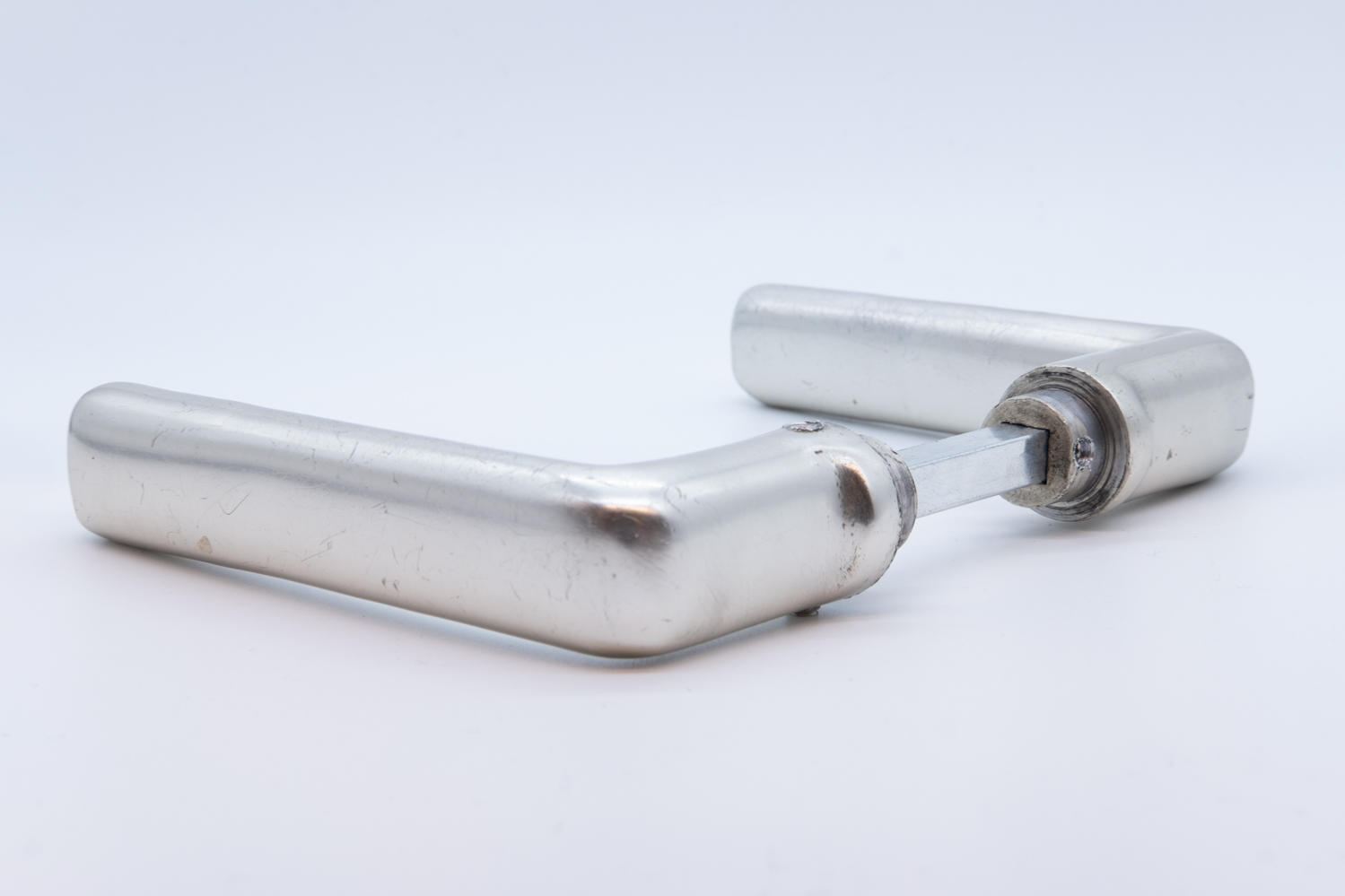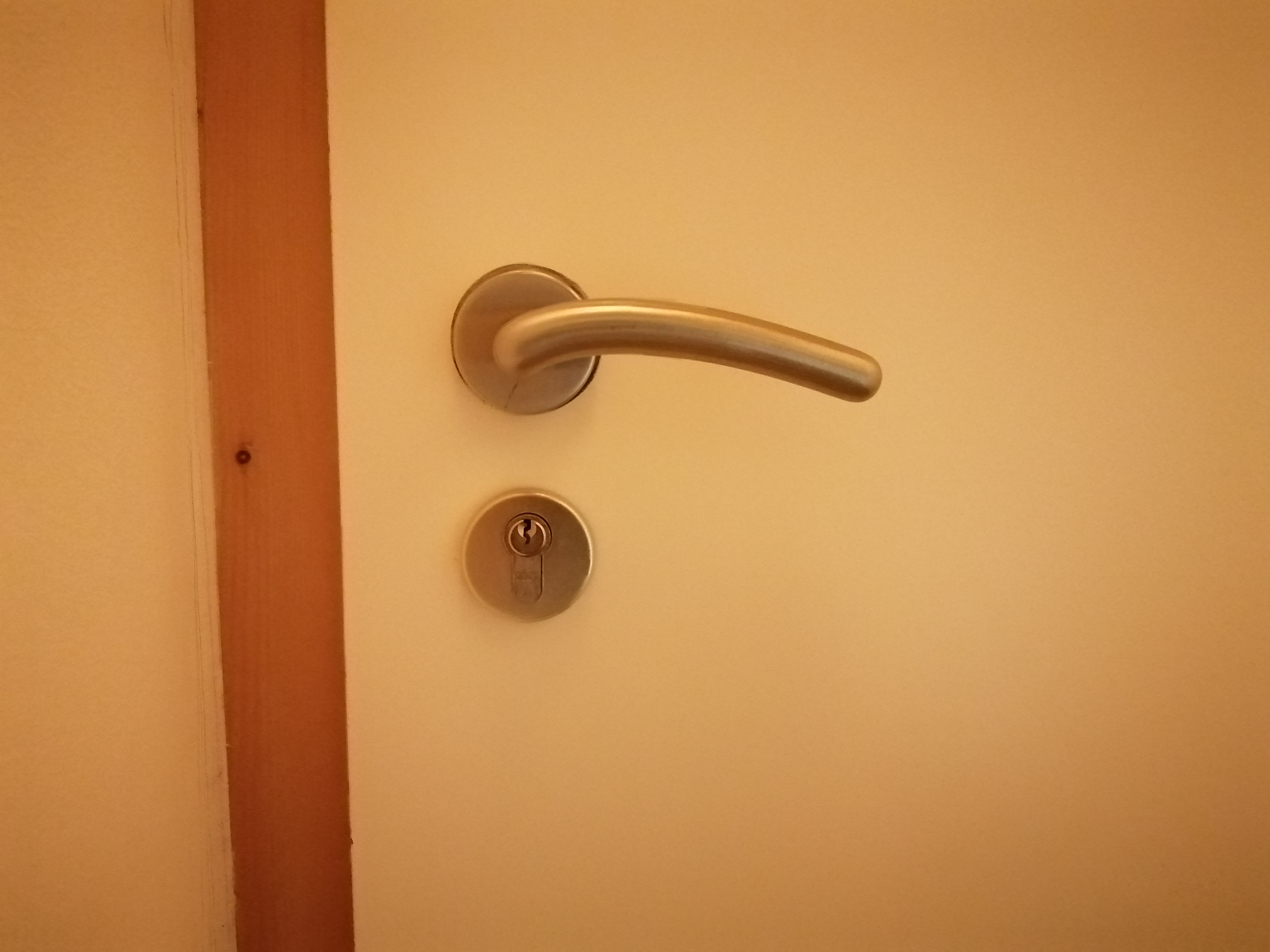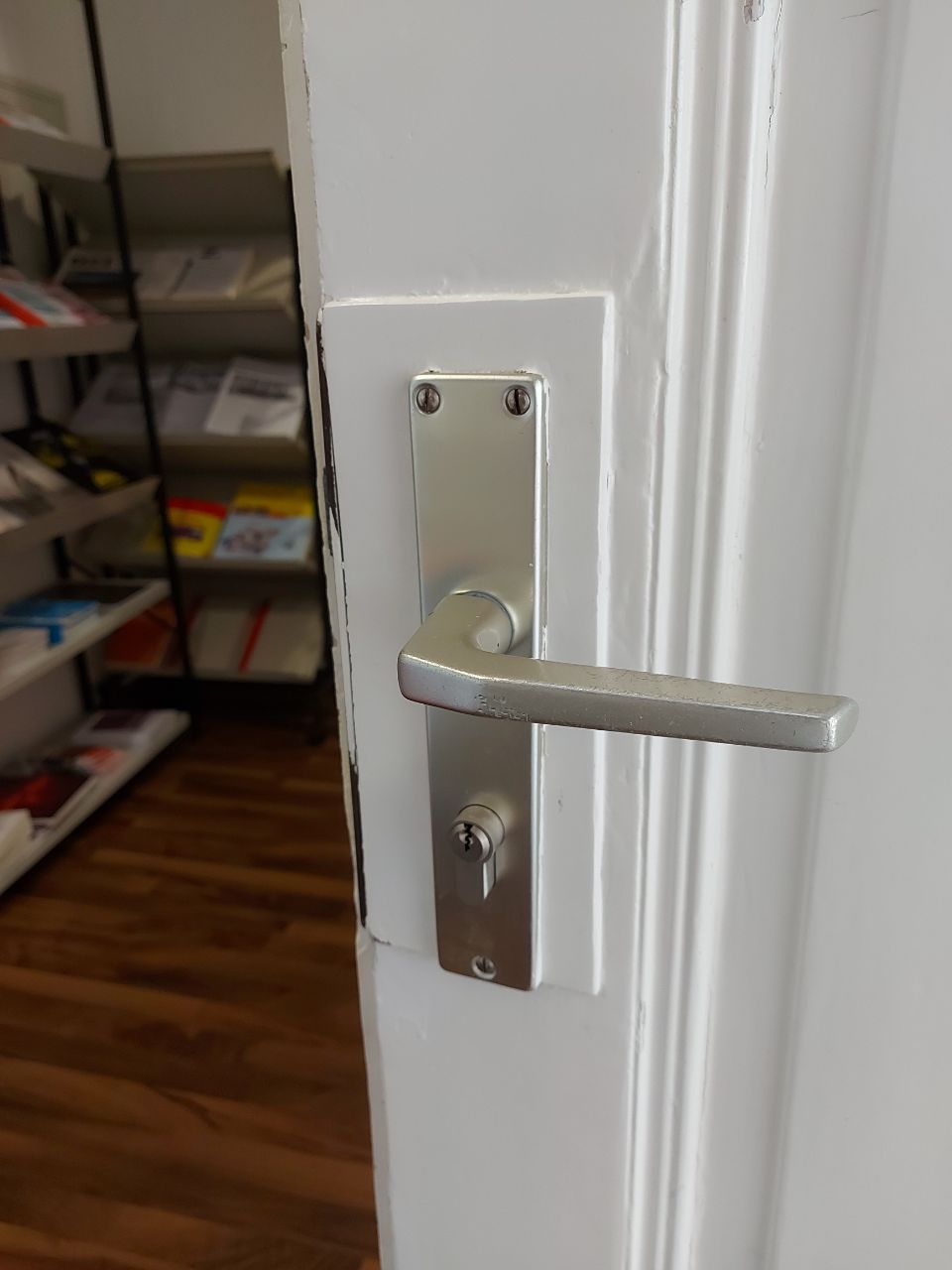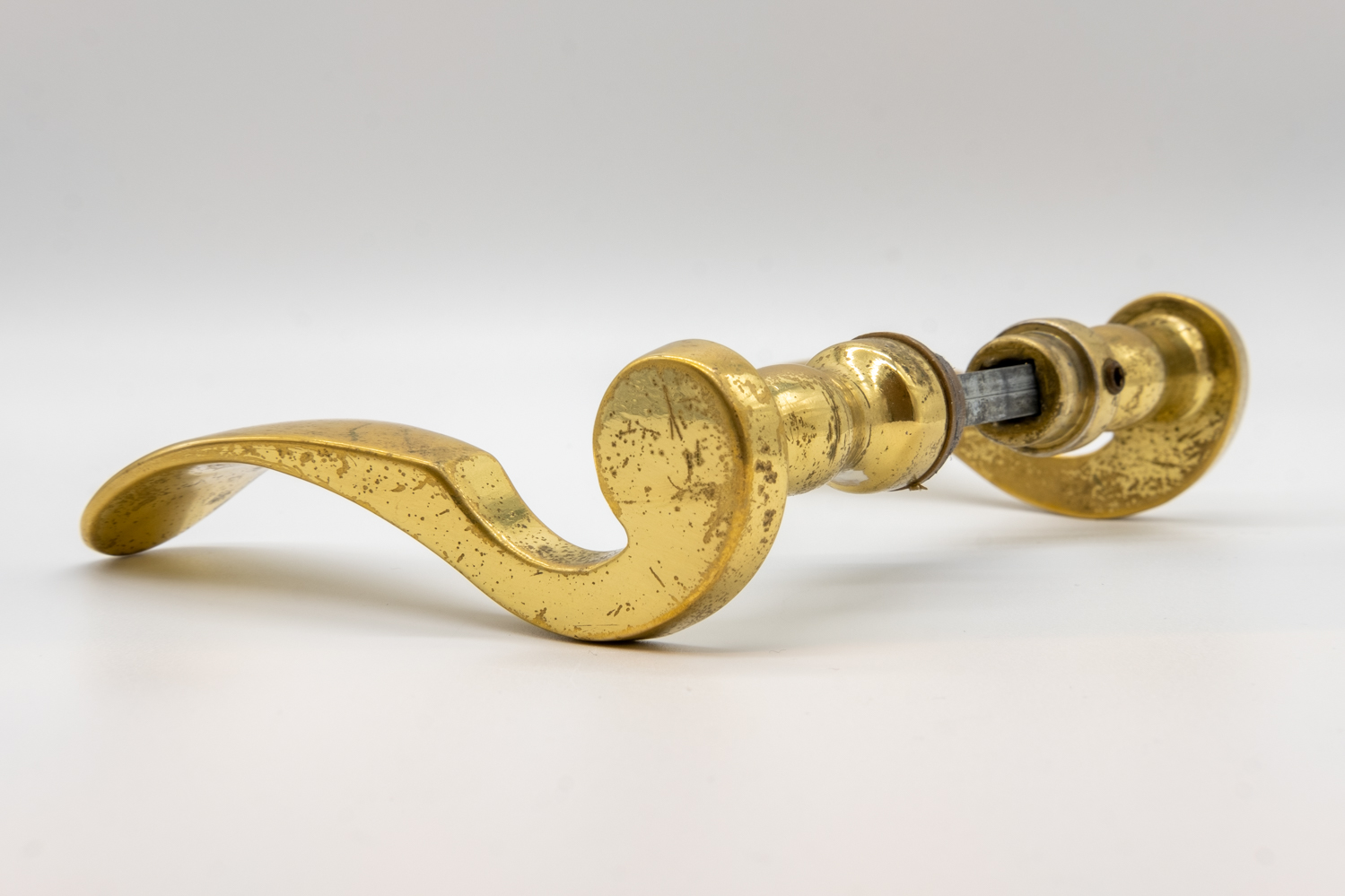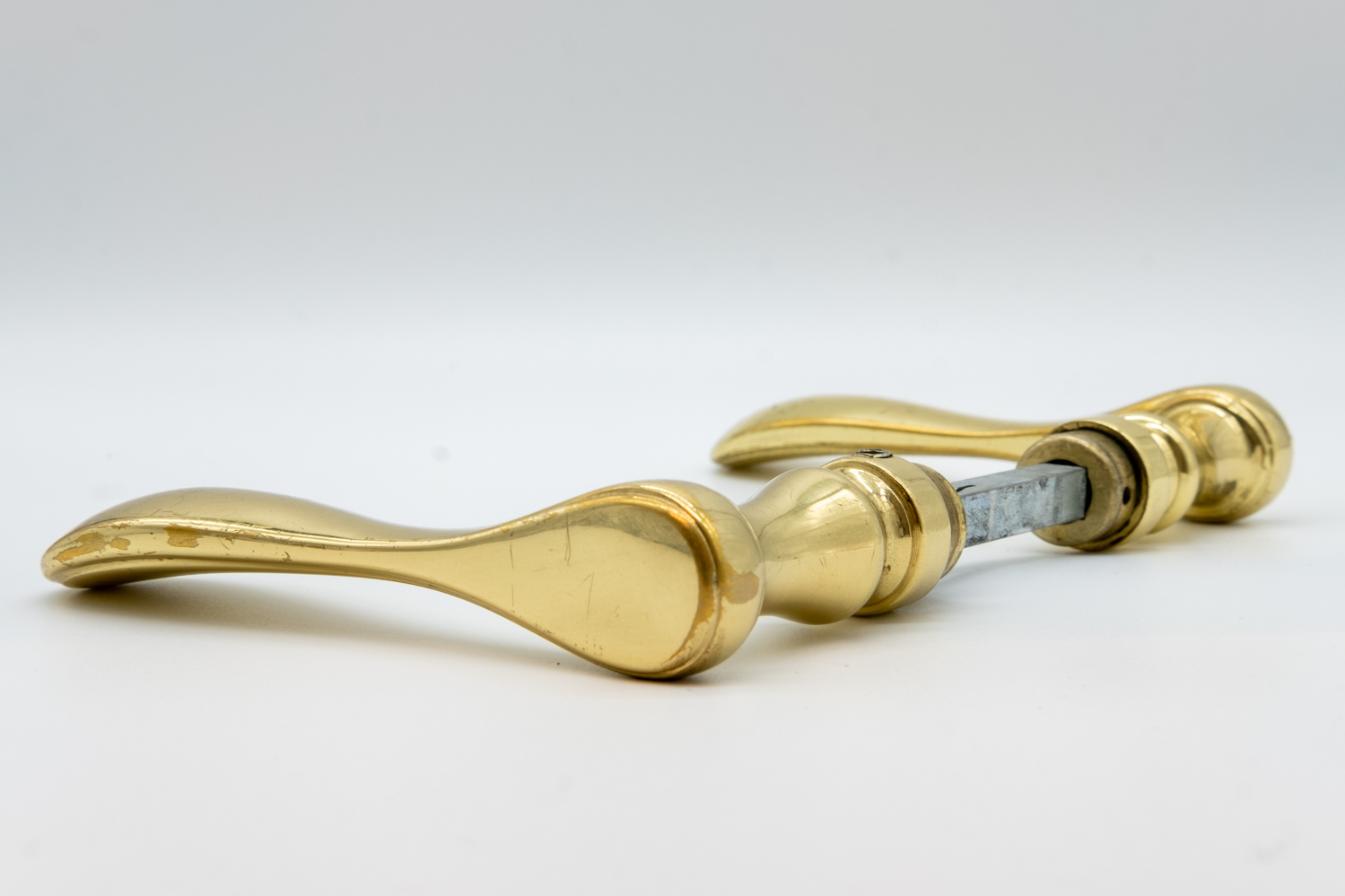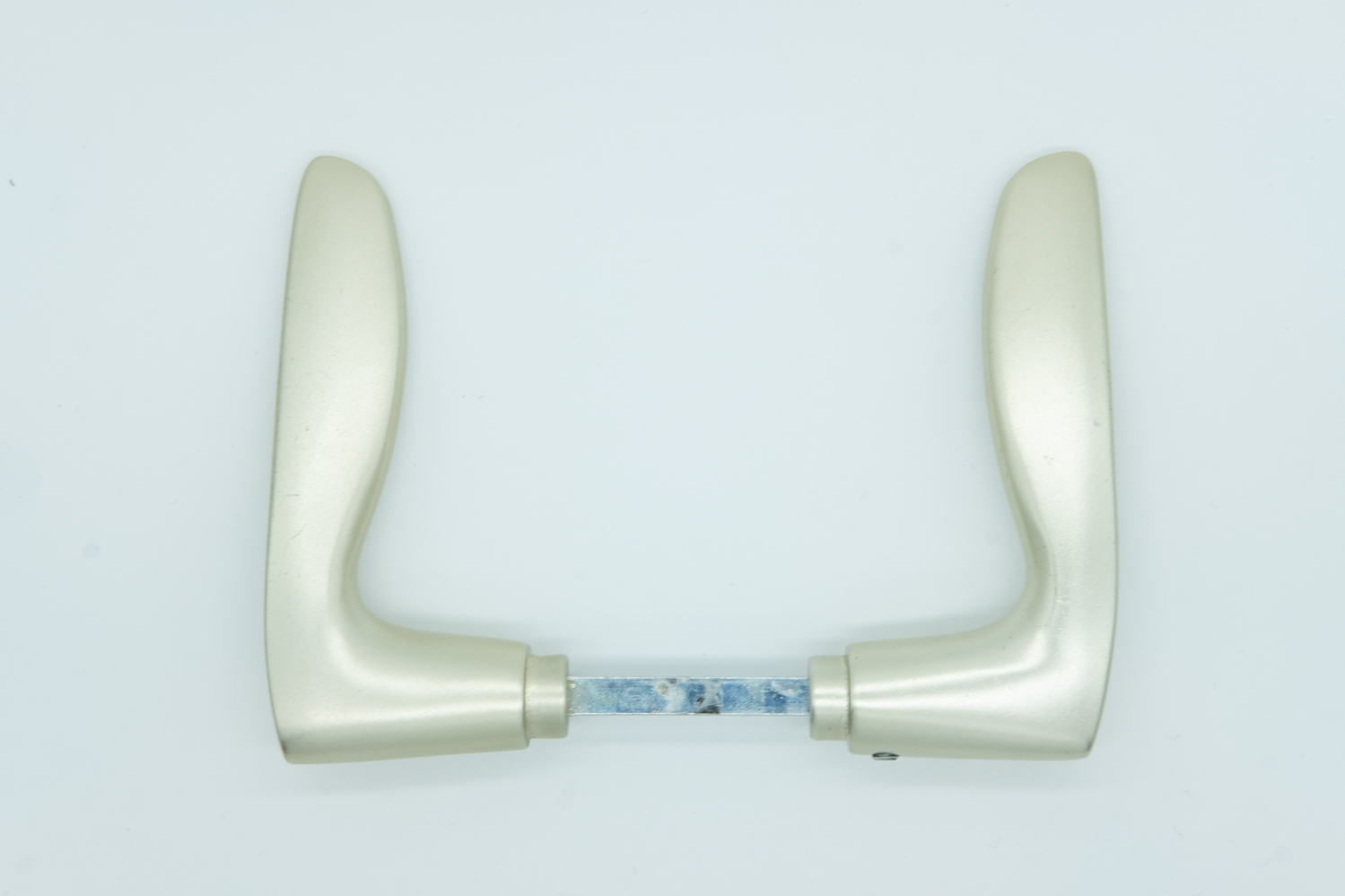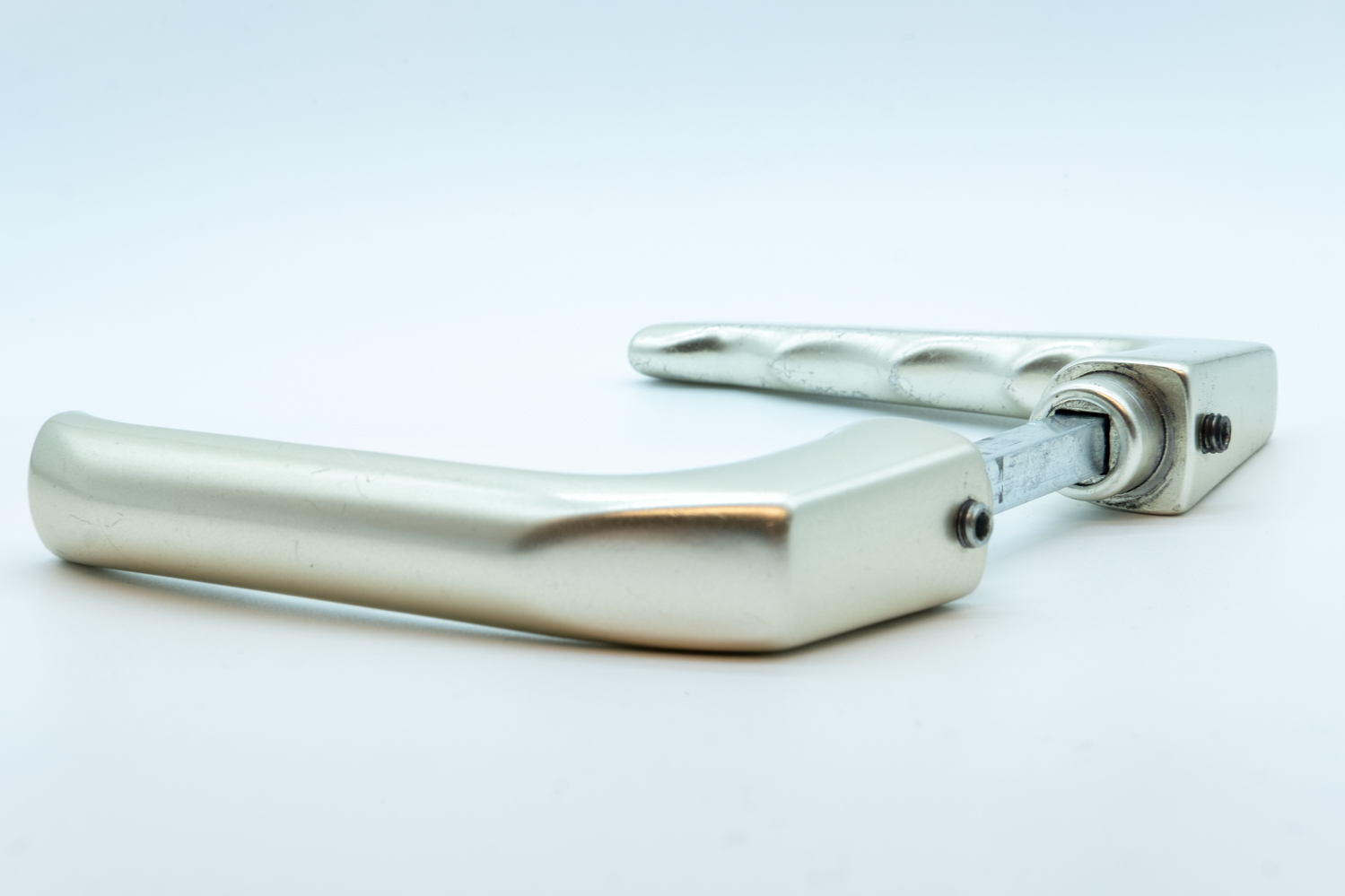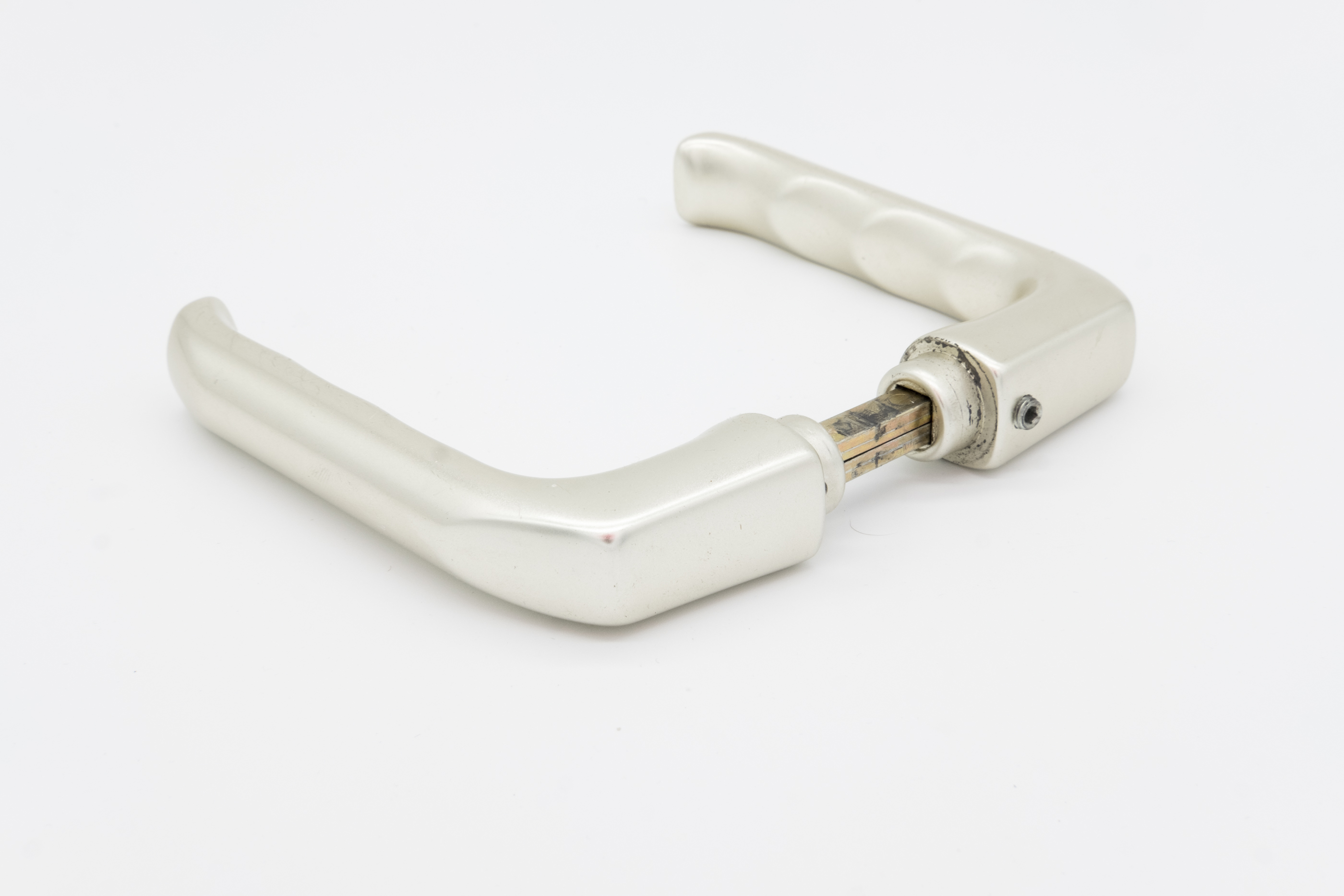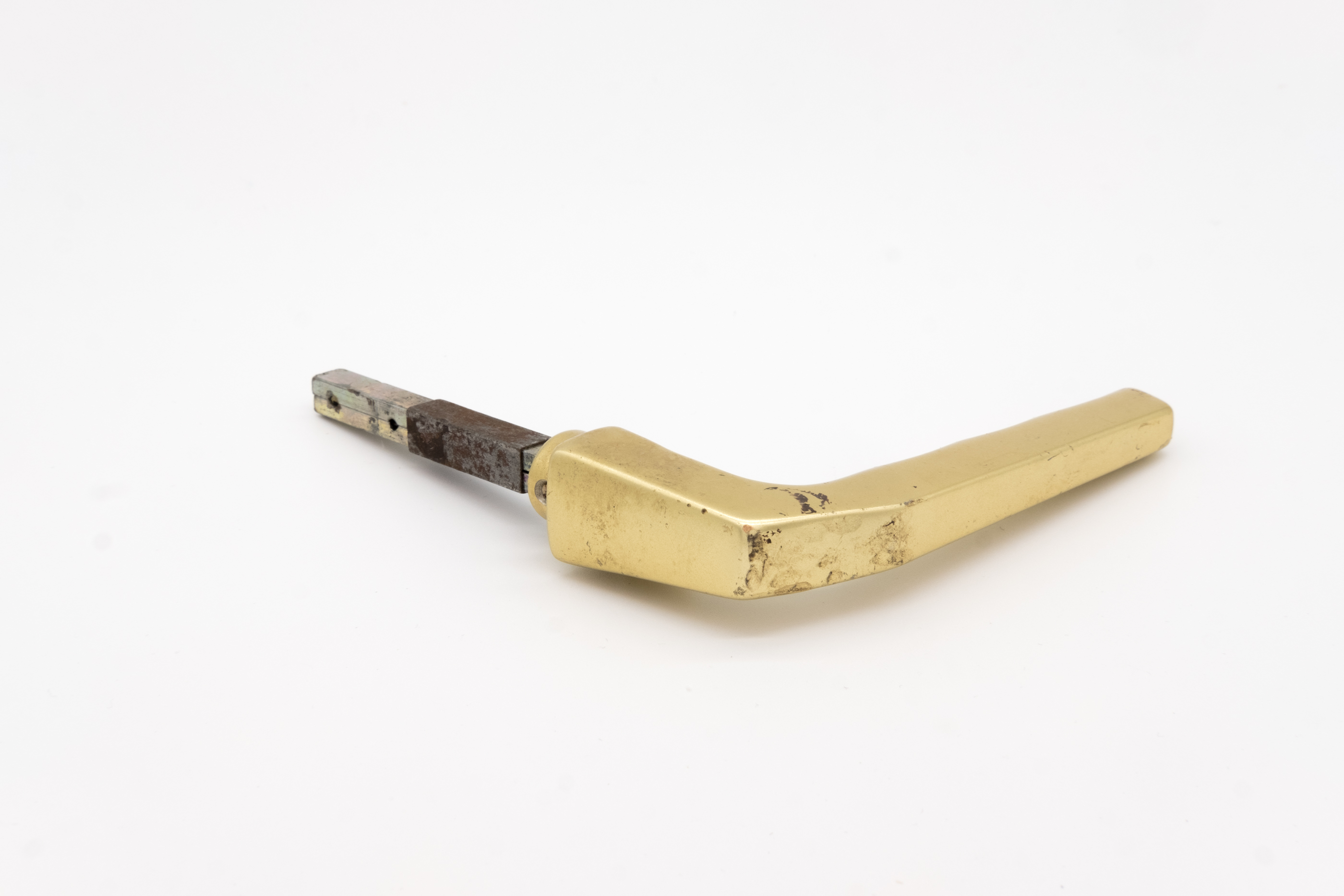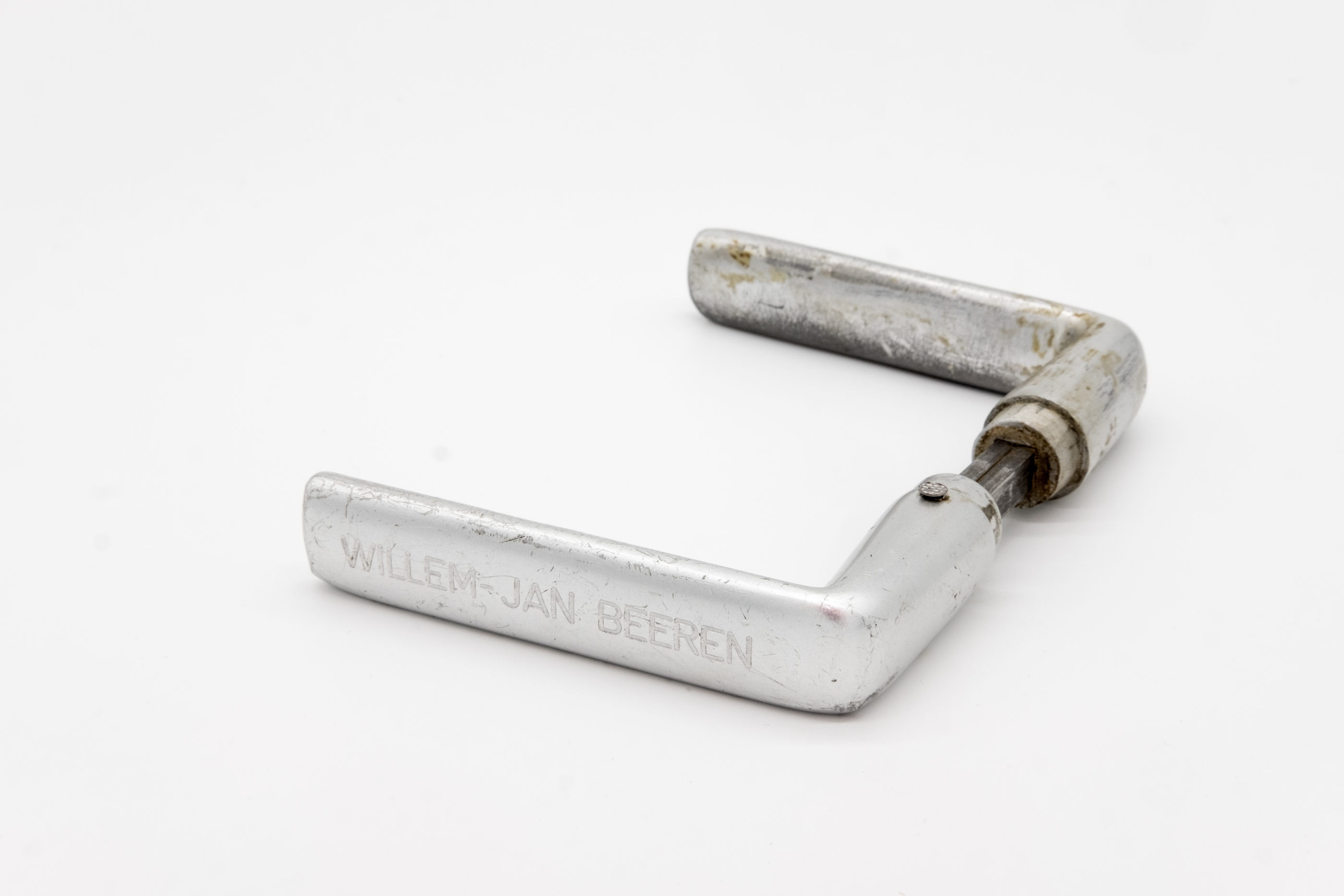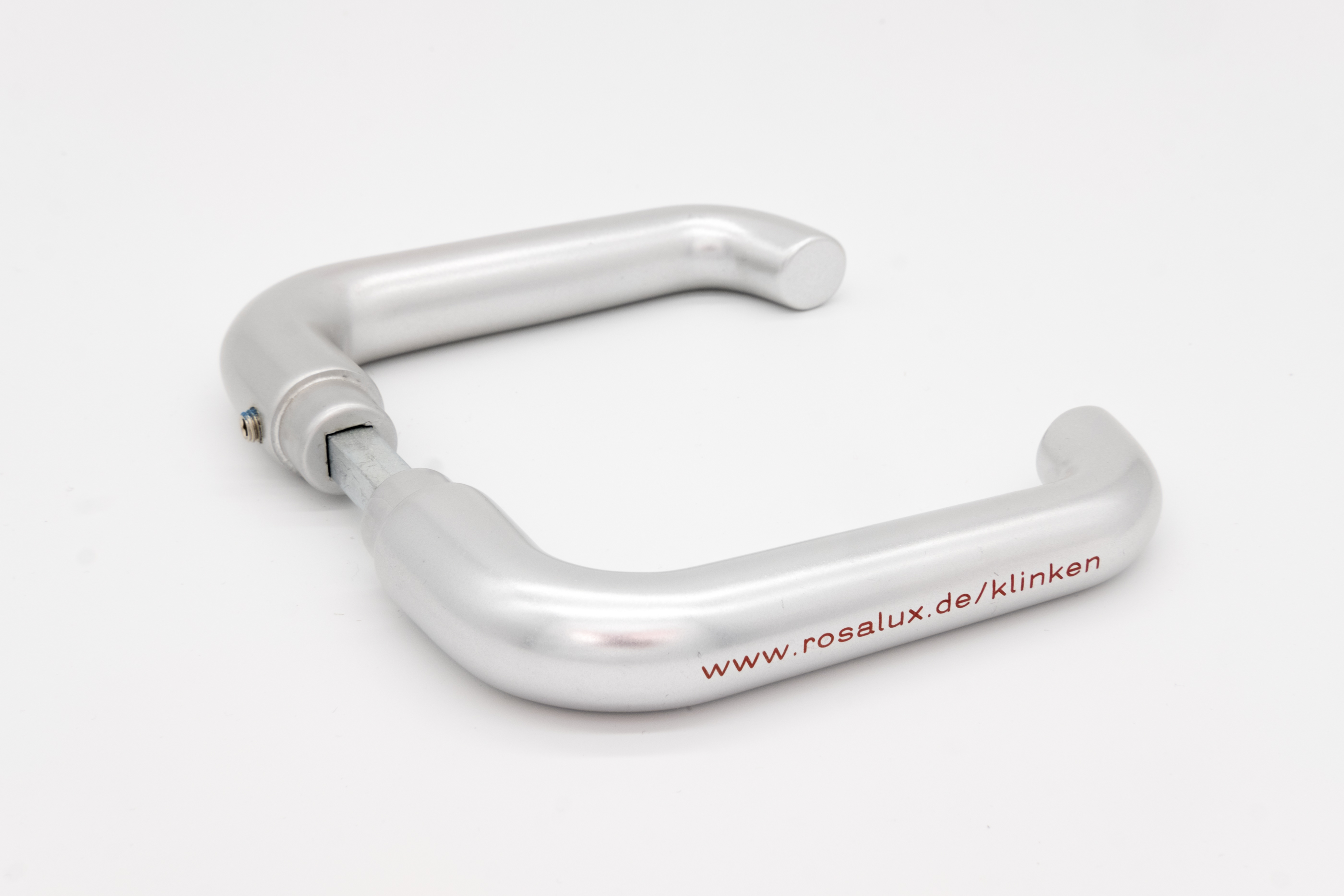The so-called Wiesenburg was opened in 1896 as an asylum for the needy by the then 'Berlin Asylum Association for the Homeless'. The 12,500m2 site stretched along the 'Panke' and the 'Berliner Ringbahn' in the district of Wedding. The asylum provided daily shelter for up to 700 men. In 1907, the women's asylum was opened with 400 additional sleeping places. The asylum now had 1,100 beds and provided space and shelter for up to 400,000 people a year. The needy soon affectionately named the area Die Wiesenburg. The asylum centre was a showcase project in the epidemic-prone city of Berlin: disinfection, modern metal beds, bathing and showering facilities, and its own laundry were unique at the time. The needy received humane treatment, they were allowed to enter and leave the asylum anonymously and were protected from police control until 1926.
The special character of the Wiesenburg attracted artists, writers and intellectuals since its foundation. Among them were Kurt Tucholsky, Rosa Luxemburg, Erich Kästner, Hans Fallada and Wilhelm Voigt alias 'The Captain of Köpenick'. The Wiesenburg became a place for milieu studies and also provided a roof over the heads of some of these artists in times of need.
Rosa Luxemburg is said to have hidden in the Wiesenburg while being pursued by the police. The police were not allowed to enter the grounds at that time. Instead, they had to stand guard in front of the main entrance and in front of the entrance to the women's asylum in order to arrest her when she came out. What the police did not know, however, was that there was still a hidden exit - so Luxemburg managed to escape successfully and unseen.
Over the past decades, the Wiesenburg has been transformed into a cultural venue for art, culture, crafts, education and social activities. The association 'Die Wiesenburg e.V.', founded in 2015, is committed to a sustainable, long-term development of the location and continues the intercultural, interdisciplinary and intergenerational work in the neighbourhood by the former administrators. In August 2020, the users founded the cooperative 'Die Wiesenburg Berlin eG' with the aim of concluding a long-term contract for the use of the area and for the future management in self-administration. The association and cooperative want to help shape cultural and social life in the city, secure affordable rents for art, culture, social services and crafts on the Wiesenburg now and for future generations, and include the needs of the common good.
There is a reference to Rosa Luxemburg herself, who visited the Wiesenburg shortly before her death. The historic Wiesenburg is a social reform project that exemplifies the idea of democrtic socialism as represented by the RLS. Translated with www.DeepL.com/Translator (free version)
